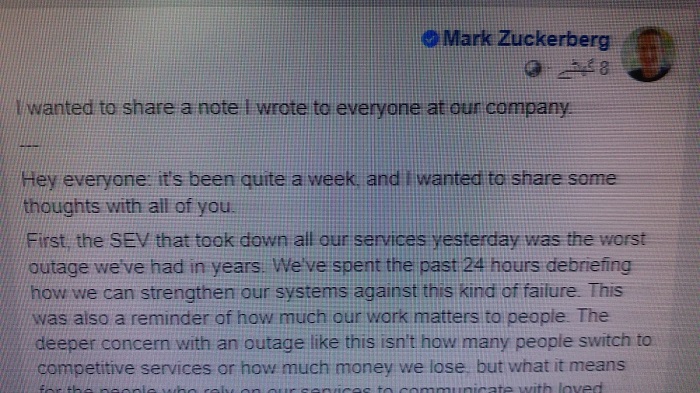A day after a massive global outage of Facebook, WhatsApp and Instagram, social media giant Facebook co-founder Mark Zuckerberg released a note to “everyone at the company.”
Reacting to US lawmakers’ accusations regarding Zuckerberg pushing for higher profits while being cavalier about user safety, the CEO started his note by saying the week has been eventful so far.
“I wanted to share some thoughts with all of you,” he added.
“First, the SEV that took down all our services on [Monday] was the worst outage we have had in years,” he said, adding that they spent 24 hours debriefing how the company can strengthen their systems against this kind of failure.
Highlighting the importance of their work, Zuckerberg said: “The deeper concern with an outage like this is not how many people switch to competitive services or how much money we lose, but what it means for the people who rely on our services to communicate with loved ones, run their businesses, or support their communities.”
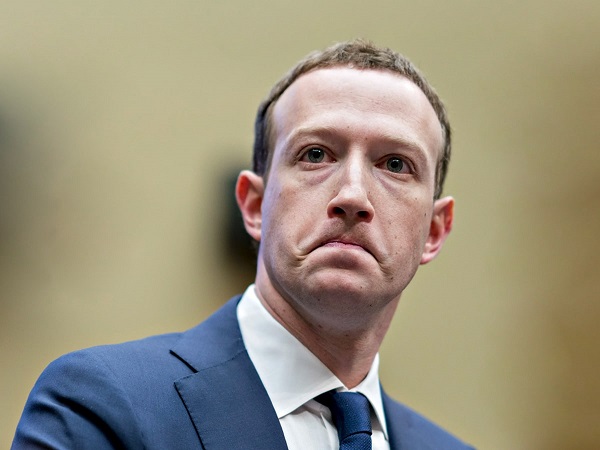
The co-founder further added that now that the ordeal is over, he wanted to reflect on the public debate they are in.
“I am sure many of you have found the recent coverage hard to read because it just doesn’t reflect the company we know. We care deeply about issues like safety, well-being and mental health,” he stated.
“It is difficult to see coverage that misrepresents our work and our motives,” Zuckerberg said, adding that at the most basic level, I think most of us just don’t recognise the false picture of the company that is being painted.
He asserted that many of the claims “don’t make any sense.”
“If we wanted to ignore research, why would we create an industry-leading research programme to understand these important issues in the first place? If we didn’t care about fighting harmful content, then why would we employ so many more people dedicated to this than any other company in our space — even ones larger than us?” he questioned.
“If we wanted to hide our results, why would we have established an industry-leading standard for transparency and reporting on what we are doing? And if social media were as responsible for polarising society as some people claim, then why are we seeing polarisation increase in the US while it stays flat or declines in many countries with just as heavy use of social media around the world?”
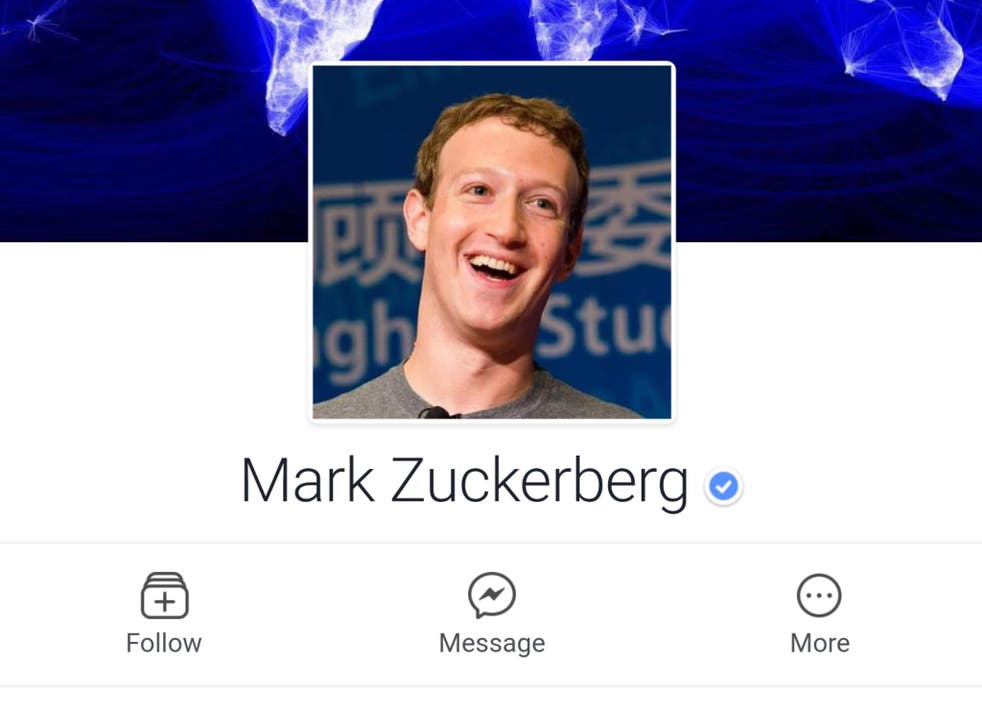
Zuckerberg was of the view that at the heart of these accusations is the idea that the company prioritise profit over safety and well-being.
“That is just not true,” he reiterated.
Shedding light on the criticism faced after the social media giant introduced meaningful social interactions change to the news feed, he said: “This change showed fewer viral videos and more content from friends and family — which we did know would mean people spent less time on Facebook, but that research suggested it was the right thing for people’s well-being.”
“Is that something a company focused on profits over people would do?” he questioned.
Sharing the dynamic of earning a profit, Zuckerberg said that the argument that they deliberately push content that makes people angry for profit is “deeply illogical”.
“We make money from ads, and advertisers consistently tell us they don’t want their ads next to harmful or angry content. And I don’t know any tech company that sets out to build products that make people angry or depressed. The moral, business and product incentives all point in the opposite direction,” he clarified.
Zuckerberg said that out of all that was published he was particularly focused on the questions raised about their work with kids. “I have spent a lot of time reflecting on the kinds of experiences I want my kids and others to have online, and it is important to me that everything we build is safe and good for kids,” he maintained.
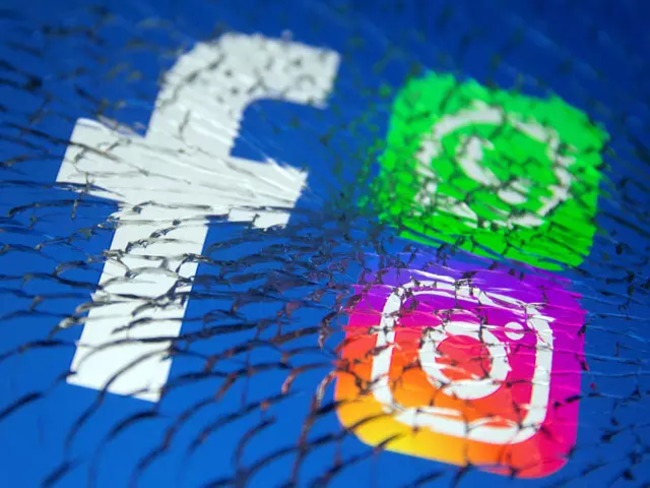
He said that the reality is that young people use technology. “Think about how many school-age kids have phones. Rather than ignoring this, technology companies should build experiences that meet their needs while also keeping them safe. We’re deeply committed to doing industry-leading work in this area,” he said.
The co-founder said that the company was working on bringing this kind of age-appropriate experience with parental controls for Instagram as well after Messenger. “But given all the questions about whether this would be better for kids, we have paused that project to take more time to engage with experts and make sure anything we do would be helpful,” he said.
Addressing his employees, he wrote: “Like many of you, I found it difficult to read the mischaracterisation of the research into how Instagram affects young people.”
“As we wrote in our Newsroom post explaining that the research demonstrated that many teens we heard from the feel that using Instagram helps them when they are struggling with the kinds of hard moments and issues teenagers have always faced.”
He further explained that in 11 of 12 areas on the slide referenced by the Journal — including serious areas like loneliness, anxiety, sadness and eating issues — more teenage girls who said they struggled with that issue also said “Instagram made those difficult times better rather than worse.”
“We have worked for years on industry-leading efforts to help people in these moments and I am proud of the work we’ve done. We constantly use our research to improve this work further.”
Similar to balancing other social issues, “I do not believe private companies should make all of the decisions on their own. Thatis why we have advocated for updated internet regulations for several years now. I have testified in Congress multiple times and asked them to update these regulations.”
“We are committed to doing the best work we can, but at some level, the right body to assess tradeoffs between social equities is our democratically elected Congress. For example, what is the right age for teens to be able to use internet services? How should internet services verify people’s ages? And how should companies balance teens’ privacy while giving parents visibility into their activity?”
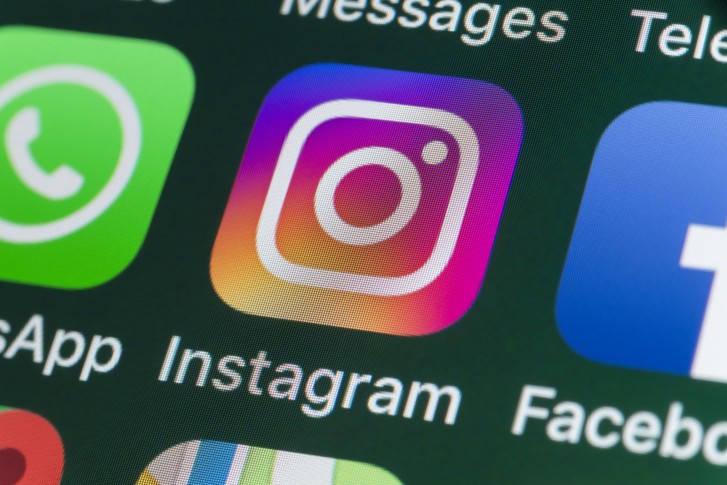
Zuckerberg said that he was worried about the incentives that are being set here. “We have an industry-leading research programme so that we can identify important issues and work on them. It is disheartening to see that work taken out of context and used to construct a false narrative that we don’t care,” he added.
He told his employees that he knows that it is “frustrating to see the good work we do get mischaracterised, especially for those of you who are making important contributions across safety, integrity, research and product.”
Zuckerberg, however, added that he believes that over the long term if “we keep trying to do what is right and delivering experiences that improve people’s lives, it will be better for our community and our business. I have asked leaders across the company to do deep dives on our work across many areas over the next few days so you can see everything that we are doing to get there.”
“When I reflect on our work, I think about the real impact we have on the world — the people who can now stay in touch with their loved ones, create opportunities to support themselves, and find community. This is why billions of people love our products. I am proud of everything we do to keep building the best social products in the world and grateful to all of you for the work you do here every day,” he concluded


